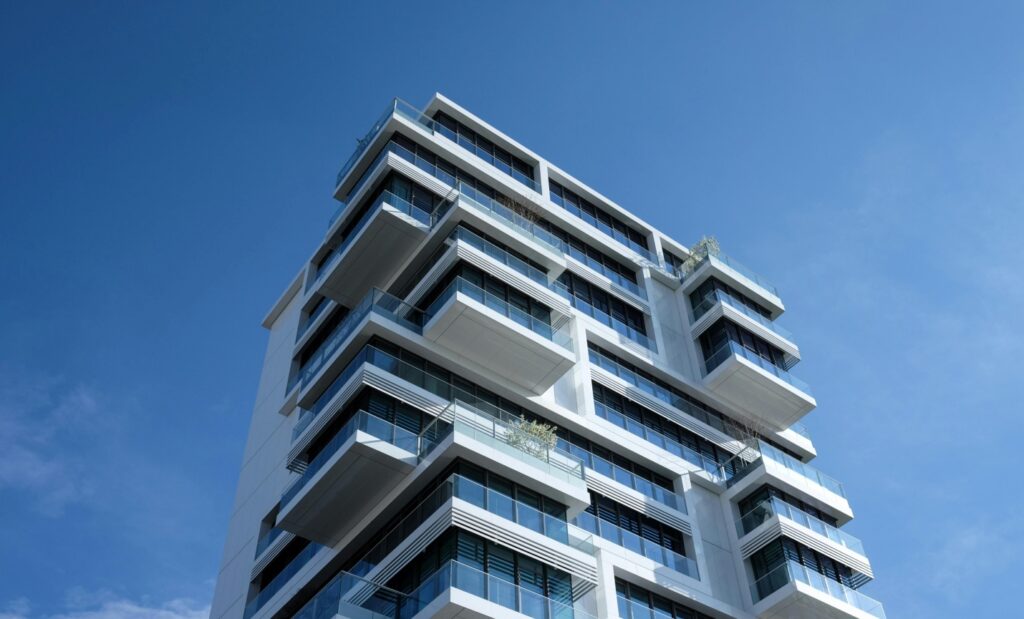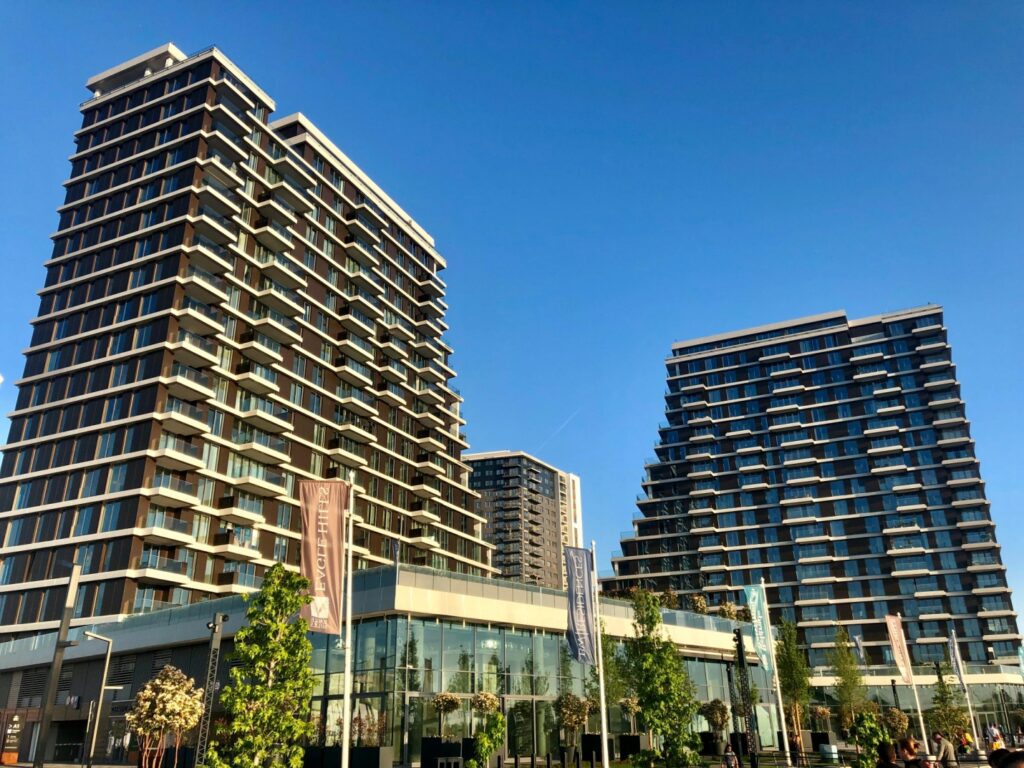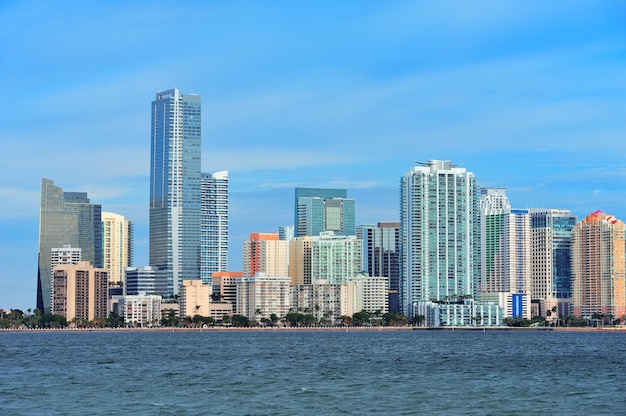When considering the pros and cons of buying condos, many prospective owners focus on factors like amenities, location, and HOA fees. However, one financial aspect that often catches condo owners off guard is special assessments. These unexpected charges can add a significant financial burden, making it essential for buyers to understand what they are, why they happen, and how to prepare for them.
What Are Special Assessments?

A special assessment is an additional fee imposed by a condo association or homeowners’ association (HOA) to cover unexpected expenses that aren’t included in regular maintenance fees. Unlike monthly HOA dues, which typically cover routine maintenance, special assessments are levied when major repairs or improvements are necessary but not fully funded by the association’s reserves. By buying a condo, you are committed to paying these arbitrary and enforced special assessments, and there is no way to escape this financial burden.
Why Do Special Assessments Occur?
Special assessments can arise for several reasons, including:
- Emergency Repairs– If a natural disaster, fire, or other unforeseen event causes damage to the building, and insurance doesn’t cover all expenses, the condo association may require owners to contribute additional funds.
- Deferred Maintenance– Poor financial planning or delayed upkeep can lead to major structural issues, requiring expensive repairs.
- Legal or Regulatory Compliance– Changes in building codes, safety regulations, or environmental laws may necessitate costly upgrades.
- Amenity Upgrades– Some associations vote to improve common areas, such as renovating a pool, upgrading a gym, or improving security systems, requiring owners to pay extra.
- Poor Financial Management –Even a well-funded HOA balance sheet can hide financial risks, such as overlooked expenses or poorly negotiated vendor contracts. These issues often result in higher-than-expected costs, which are ultimately passed on to owners through special assessments.
The Financial Impact of Special Assessments
Special assessments can vary widely in cost, from a few hundred dollars to tens of thousands, depending on the scope of the project. Since these fees are often unexpected, they can create financial strain for condo owners who aren’t prepared. Some associations offer payment plans, but others require lump-sum payments, making budgeting difficult.
How to Avoid Costly Surprises
While special assessments are sometimes unavoidable, there are ways to reduce the risk of unexpected expenses:
- Review HOA Financial Statements– Before purchasing a condo, request the association’s financial records to assess whether reserves are sufficient for upcoming repairs.
- Ask About Past Assessments– Understanding the history of special assessments in the community can give insight into the association’s financial health.
- Consider HOA Reserves– A well-managed condo association should have a strong reserve fund to handle major repairs without frequent assessments.
- Budget for Unexpected Costs– Setting aside extra savings can help you cover assessments without financial stress.
Conclusion
Special assessments can be a hidden financial burden for condo owners, making it crucial to research an association’s financial health before buying. Understanding the risks and preparing in advance can help you navigate the potential challenges of condo ownership.
Be Aware of Any and All Real Estate Issues with Reliable Condo Purchase Advice from Condo Parrot ™
Navigate the pros and cons of buying a condo with expert condo online insights from Condo Parrot ™. From Hawaii condo ownership tips to insights applicable to many other excellent condo communities in the U.S., they provide essential condo purchase advice. Visit www.condoparrot.com, where your path to informed condo ownership begins.







